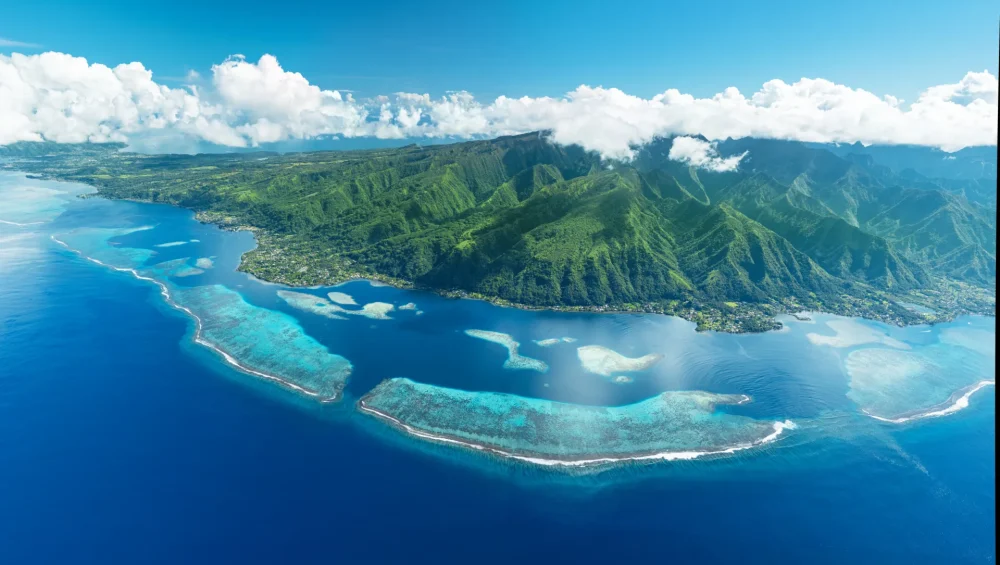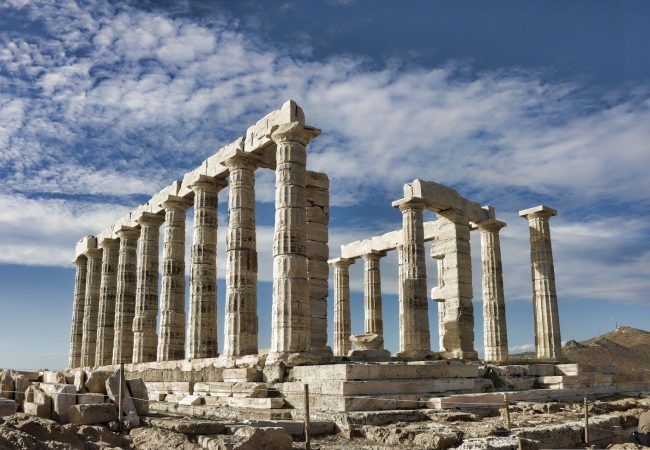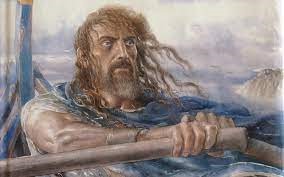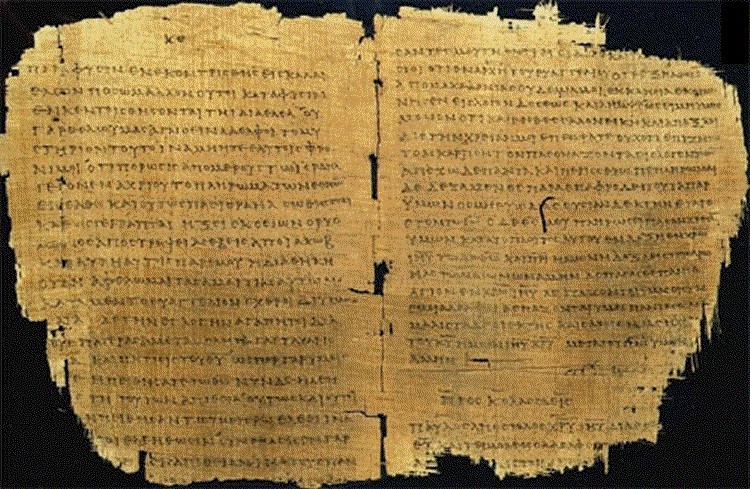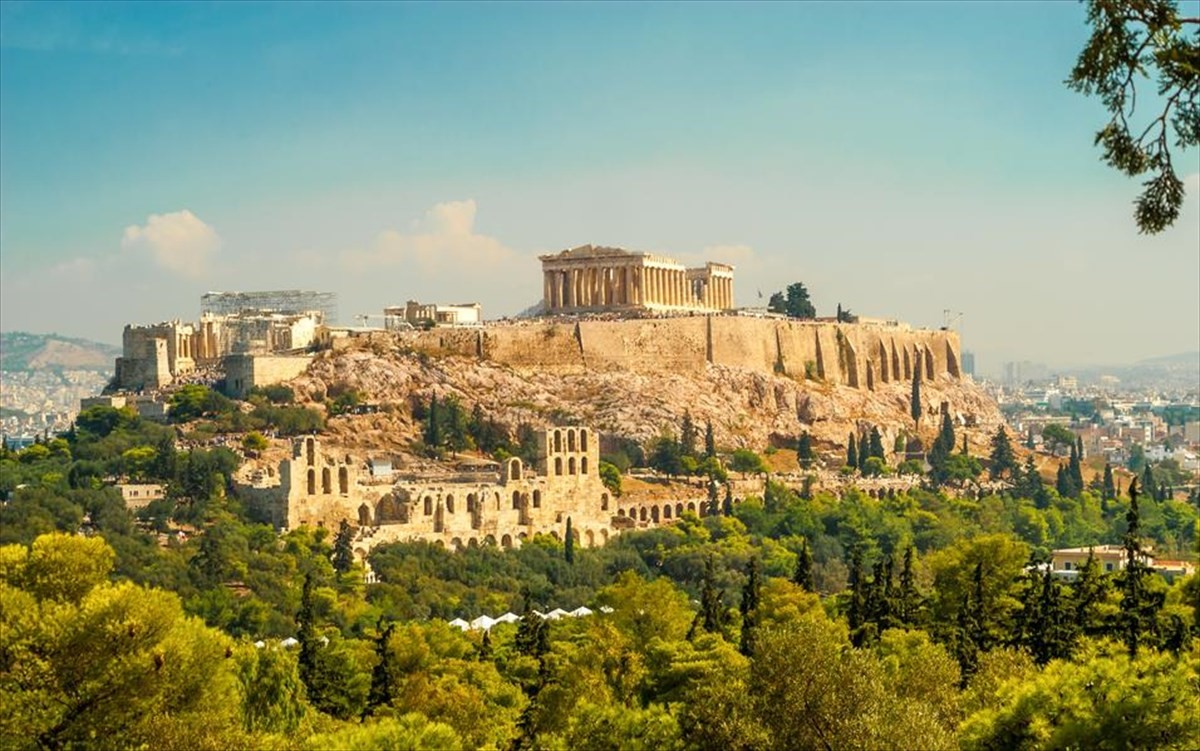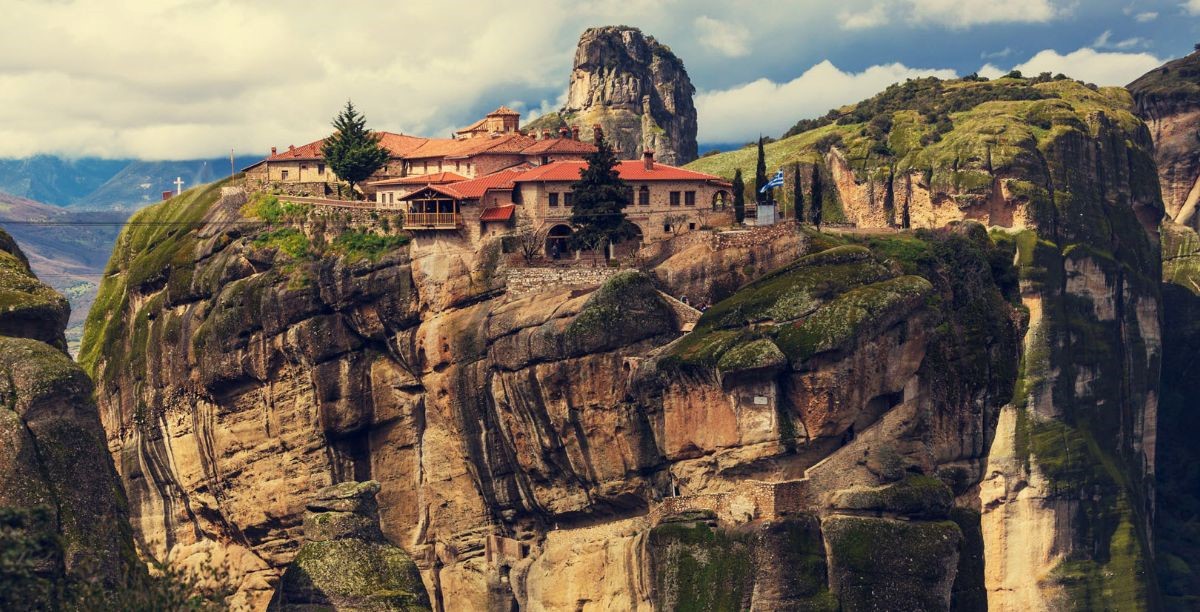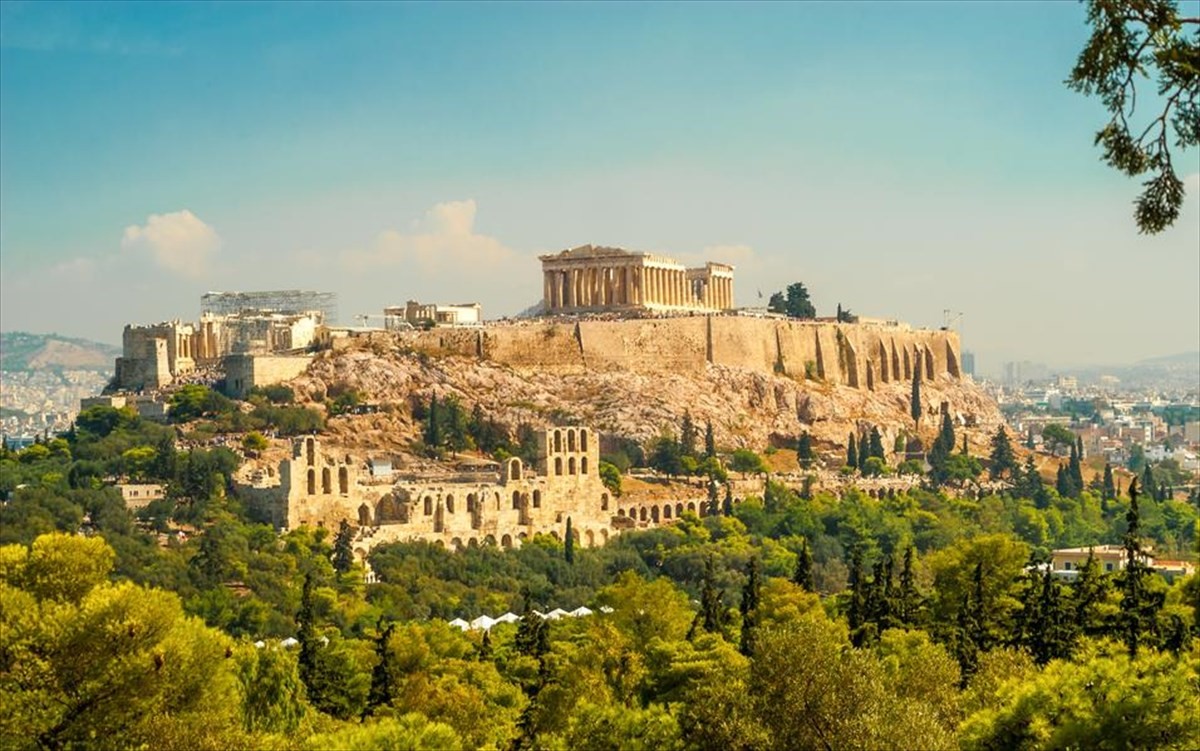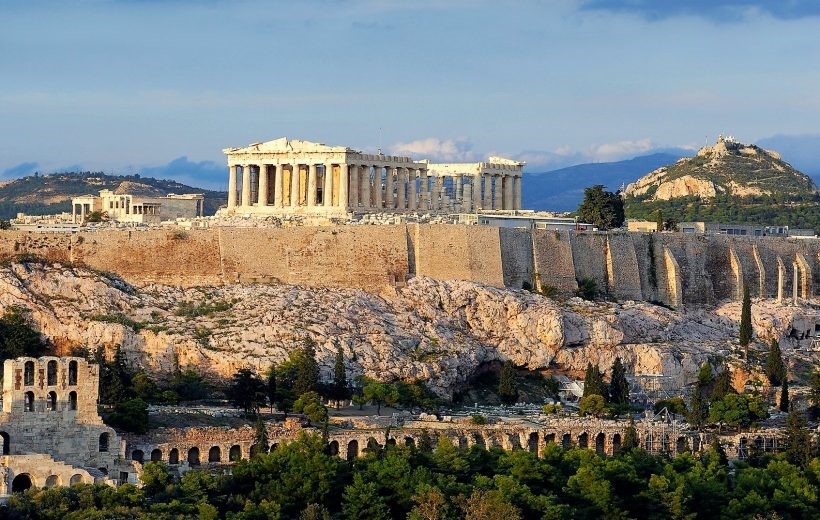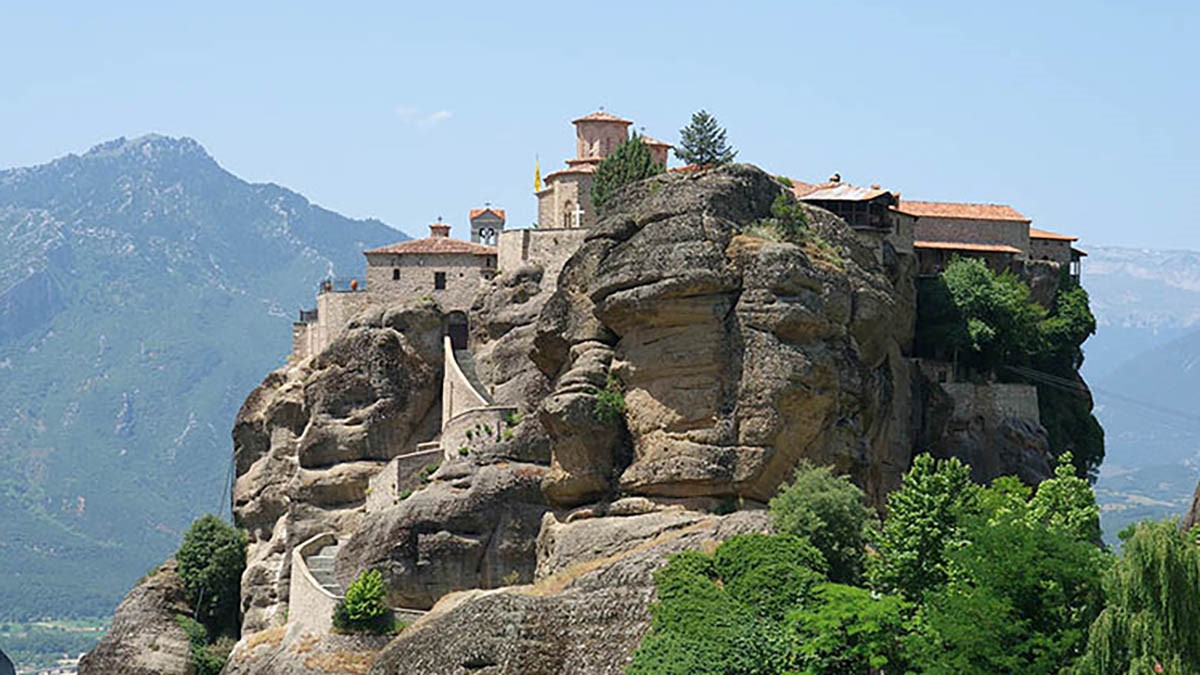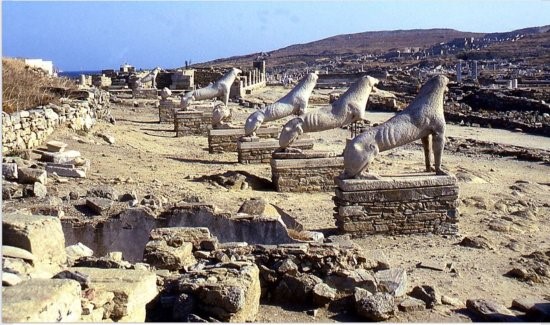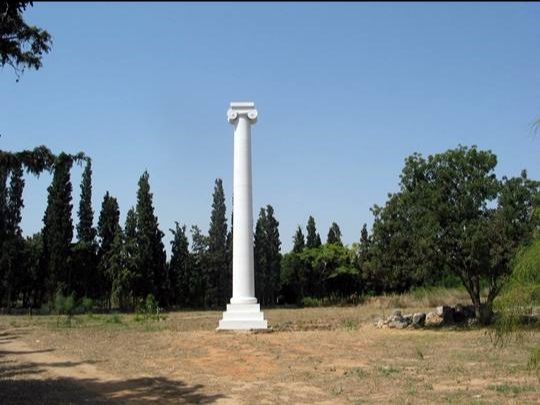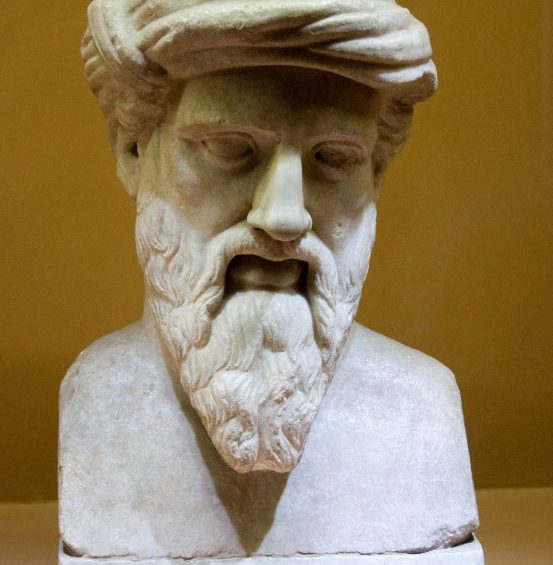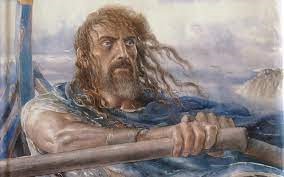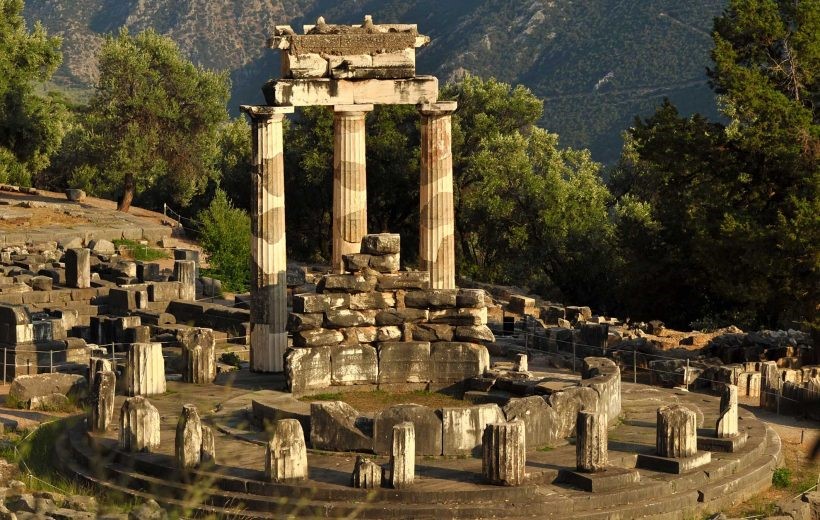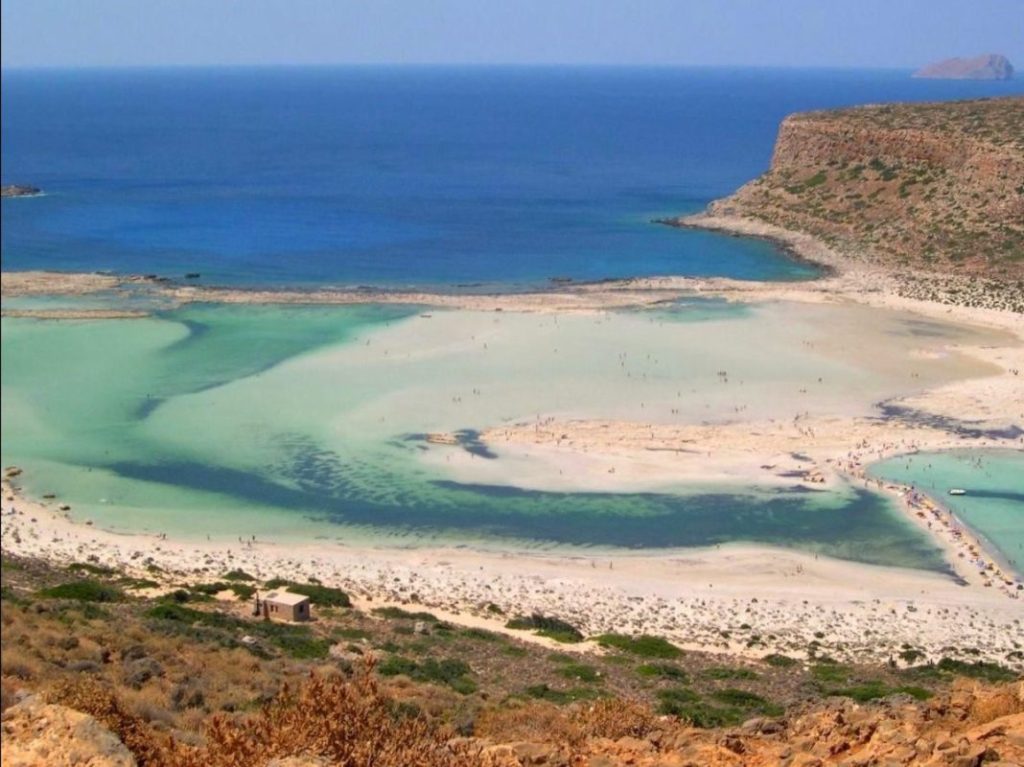Unveiling Tahiti: A Journey through History
Nestled in the heart of the South Pacific Ocean lies Tahiti, an island gem that has captivated explorers, settlers, and dreamers for centuries. The history of Tahiti’s discovery is a tale woven with adventure, exploration, and cultural encounters that have shaped the island’s identity and allure.
The island was originally settled by Polynesians migrating from Southeast Asia around 2000 years ago. These intrepid voyagers navigated vast stretches of ocean using celestial navigation and knowledge passed down through generations, eventually arriving at the fertile shores of Tahiti.
European discovery of Tahiti unfolded during the Age of Exploration, a period marked by daring voyages of discovery and expansion of global trade routes. The first European to sight Tahiti was the Spanish explorer Álvaro de Mendaña in 1595. However, it wasn’t until the arrival of British explorer Samuel Wallis in 1767 that Tahiti’s existence became widely known to the Western world.
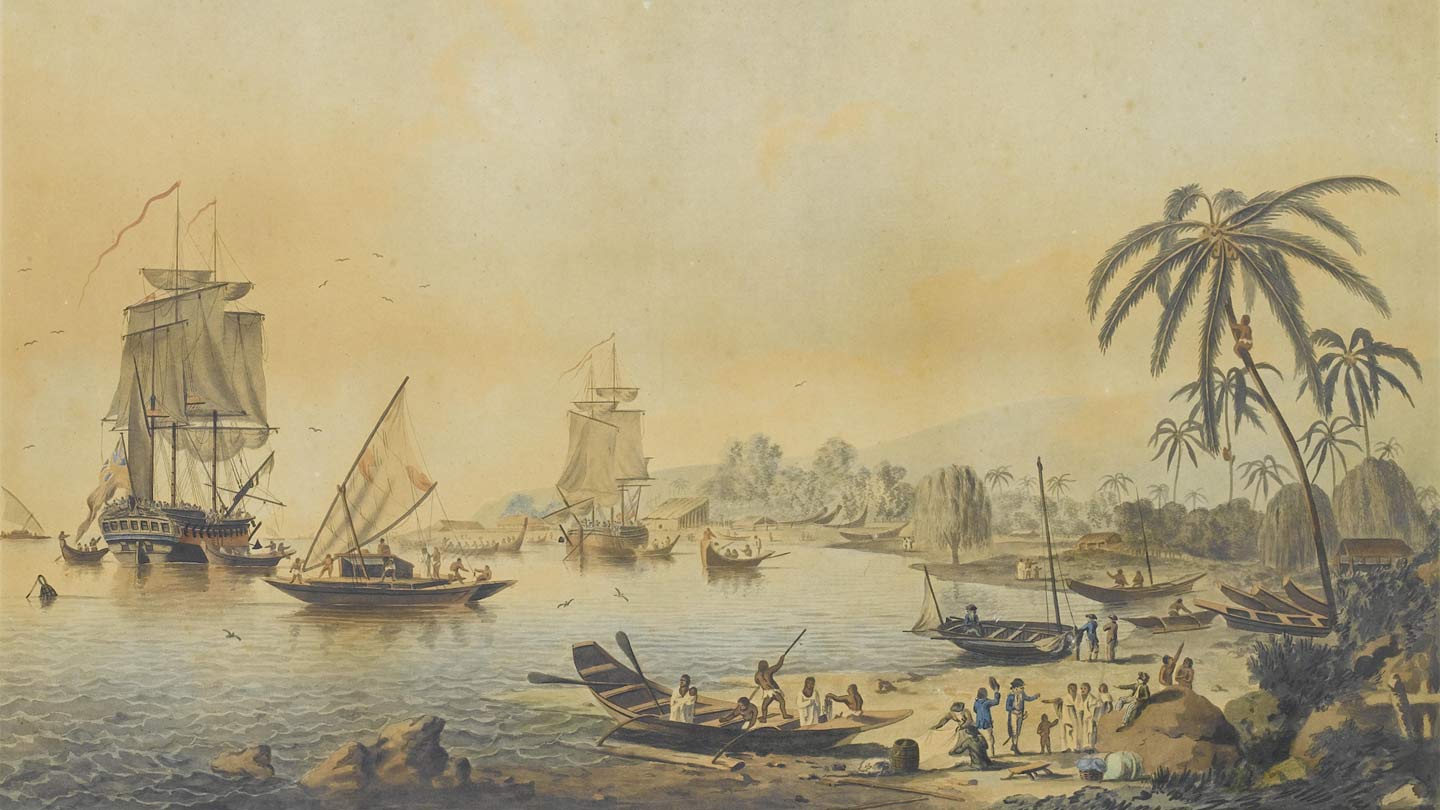
Wallis, aboard the HMS Dolphin, encountered Tahiti during his quest to find Terra Australis, a hypothetical southern continent believed to exist at the time. On June 18, 1767, the Dolphin anchored off the coast of Tahiti, marking the first documented European landing on the island. Wallis and his crew were met with curiosity and hospitality by the Tahitian people, who greeted them with traditional dances and offerings of food.
News of Tahiti’s lush landscapes, hospitable inhabitants, and exotic customs spread quickly throughout Europe, sparking a surge of interest in the South Pacific. Tahiti became a symbol of the idyllic paradise, a faraway land where nature flourished, and indigenous cultures thrived.
The next significant chapter in Tahiti’s history came with the arrival of the famous British explorer Captain James Cook. In 1769, Cook embarked on his first Pacific voyage aboard the HMS Endeavour, tasked with observing the transit of Venus across the sun and exploring the South Seas. Cook’s expedition brought him to Tahiti, where he established a temporary observatory to record the rare celestial event.
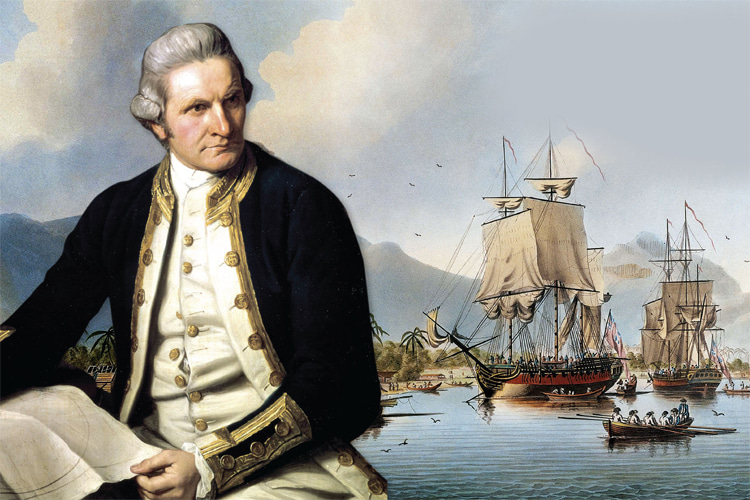
Cook’s accounts of Tahiti and its people provided valuable insights into Polynesian culture and navigation techniques. His meticulous observations paved the way for further scientific exploration of the Pacific and contributed to the eventual colonization of the region by European powers.
The arrival of European explorers also had profound implications for Tahitian society. Contact with outsiders brought new technologies, diseases, and ideas that would forever alter the course of Tahitian history. European traders, missionaries, and settlers began to establish footholds on the island, leading to the gradual erosion of traditional Tahitian customs and practices.
Despite the challenges of colonization and cultural assimilation, Tahiti’s spirit endured. The resilience of the Tahitian people and their deep connection to the land and sea allowed them to preserve elements of their cultural heritage amidst the tide of change.
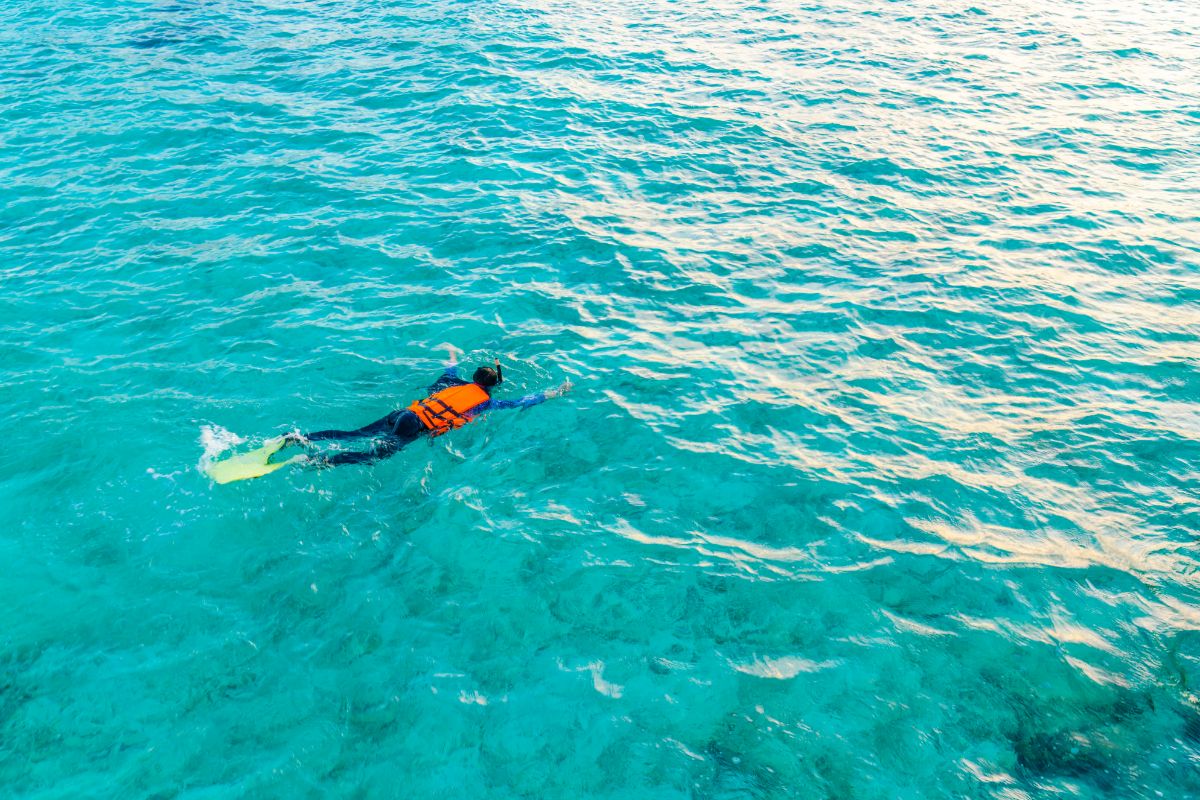
In the centuries since its discovery, Tahiti has continued to capture the imagination of travelers from around the world. Its pristine beaches, turquoise lagoons, and lush interiors beckon adventurers seeking refuge from the hustle and bustle of modern life.
Today, Tahiti remains a symbol of natural beauty, cultural richness, and the enduring spirit of exploration. Whether you’re drawn to its tranquil shores for relaxation, adventure, or cultural immersion, Tahiti invites you to embark on a journey of discovery unlike any other. May its story serve as a reminder of the transformative power of exploration and the importance of preserving our planet’s precious natural and cultural heritage for generations to come.
YOUR INBOUND AGENT FOR ALL THINGS TAHITI
For more information about our wide range of holidays & trips in Tahiti get in touch with our experienced team on our contact us page.
Or by calling +(30) 21620 20021.

